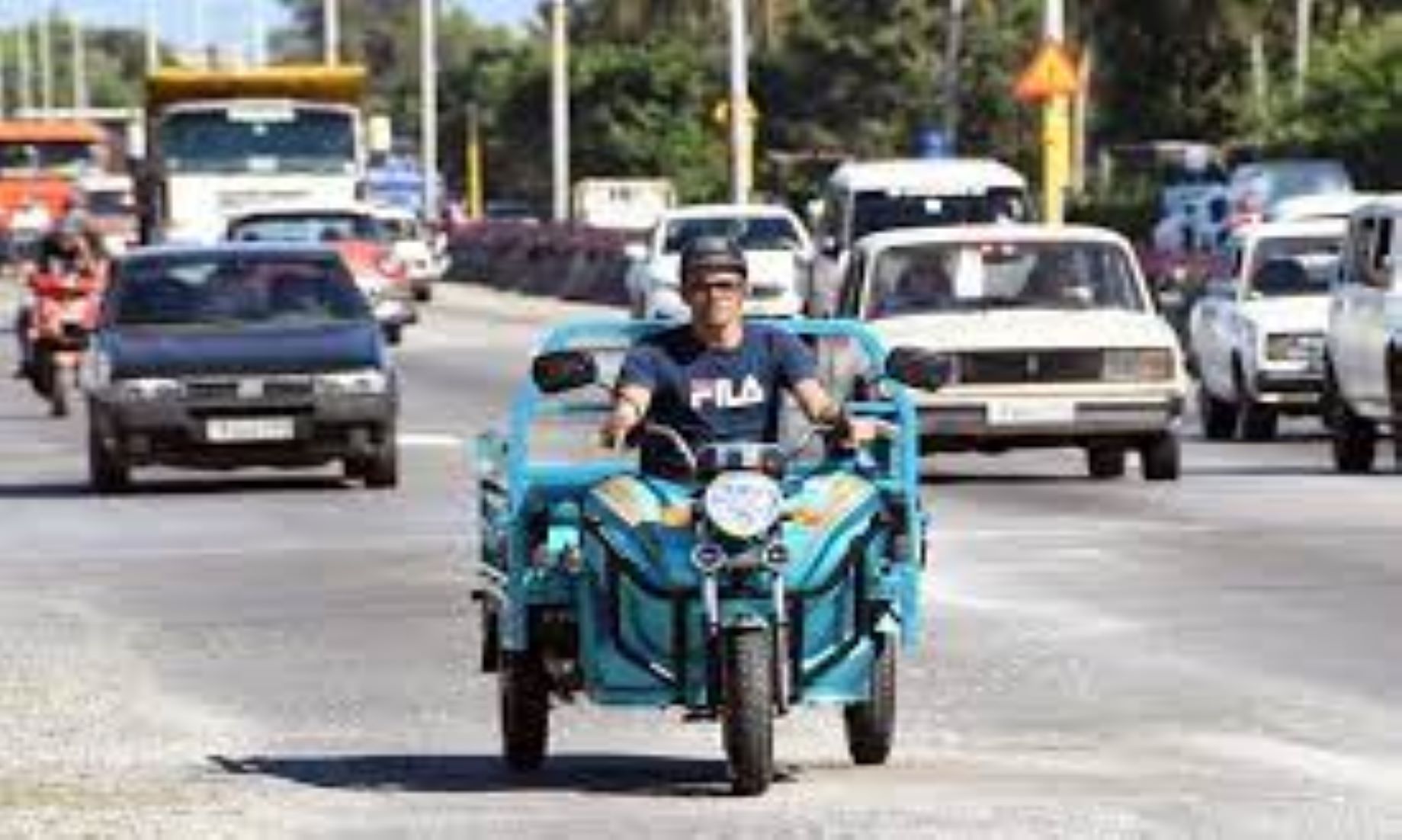by Yosley Carrero
HAVANA, Jan 16 (NNN-XINHUA) – For Cuban Yosvany Abreu, life has changed after he bought a Chinese electric tricycle last year.
The 35-year-old man living in Marianao, a municipality in the city of Havana, told Xinhua, his new vehicle requires less maintenance, as it uses an electric motor instead of an internal combustion engine.
“I have made a wise decision,” he said. “With this tricycle, I am saving money because no fuel is required. This is not a trivial matter.”
Thousands of Cubans across the country have started to use Chinese electric cars and scooters, amid fuel shortages and tightened U.S. economic sanctions, which have dealt a heavy blow to the island’s transportation system.
Amelia Rosales, 26, owns a Chinese electric scooter and uses it for work and in leisure time.
“I use this scooter to work as a delivery girl for a fast-food restaurant in downtown Havana,” she said. “In addition, I take my daughter to school in the morning.”
To increase the presence of electric modes of personal transportation in the region, China’s Tianjin Dongxing Industrial and Commercial Group, along with Cuban state-owned company Minerva, created Caribbean Electric Vehicles (VEDCA), a joint venture that has quickly won the island’s market.
Some 15 km west of Havana, VEDCA has built an electric car and scooter factory, covering an area of 9,000 square metres, and employed around 60 workers. Official statistics showed that since Mar, 2019, VEDCA has produced 2,500 electric scooters, 1,500 electric tricycles and other products, with sales reaching six million U.S. dollars.
It is the first joint venture of its kind between China and Cuba, Wei Yunpu, director of the Chinese company, told Xinhua.
“There are many old vehicles in Cuba, which makes it difficult for people to buy car parts,” he said. “The electric cars are environmentally friendly and will help solve maintenance-related problems.”
“In the first place, this factory is a new source of employment, which will very much contribute to the wellbeing of a number of Cuban families,” said VEDCA Director General, Julio Oscar Perez.
In 2023, the joint venture intends to increase production to 10,000 electric scooters and 10,000 electric tricycles, in addition to starting the assembly of 500 four-wheel mobility scooters.
“The quality of our production is of paramount priority,” said Reinaldo Manuel Luis, a young factory worker in VEDCA. “I feel proud of being part of this.”– NNN-XINHUA





